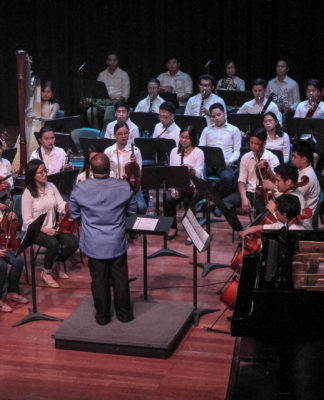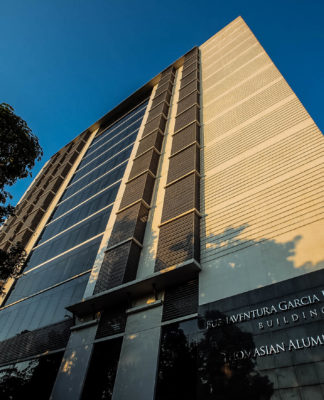SOON, class records and teaching modules will be available in the “cloud.”
The Educational Technology Center (EdTech) is set to upgrade to cloud services and virtual classroom technology as part of a digital transition.
EdTech Center Director Anna Cherylle Ramos said using the cloud would make it easier to store digital academic resources.
Cloud storage is a mode of digital data storage that keeps a user’s data available and accessible with the help of computer networking.
Ramos warned of the vulnerability of digital resources stored in servers inside the UST campus.
“Let’s say UST encounters flood incidents, the University will not face problems regarding the resources because they are saved in the cloud,” Ramos said in an interview with the Varsitarian.
Cloud storage is expected to be used in UST by January 2016, with the main cloud hosting site located in Singapore. Other hosting sites in Germany, Switzerland and Brazil will serve as back-up.
Ramos admitted that there were also security problems with cloud technology, but the benefits of the system outweighed the risks.
“We know security is an issue but we don’t want to be left behind by the current delivery system,” Ramos said.
Virtual classroom possible
Ramos also bared plans to launch Blackboard Collaborate, a module of the online learning management system Blackboard Learn, which would make virtual classrooms possible.
Blackboard Learn, known in UST as the E-Learning Access Program or eLeAP, was developed by the Washington-based educational technology company Blackboard Inc.
With Blackboard Collaborate, professors and students can use gadgets to hold lectures anywhere on days when there are no classes.
The virtual classroom program was tested with UST Engineering students at the International Conference on Engineering Education–Philippines, which tackled engineering education innovation, last Oct. 22.
The conference, hosted by UST, held a “webinar” with Prof. Milo Koretski of Oregon State University in the United States on the effects of technology-based instruction on students.
Last October, EdTech was awarded a four-star rating by the Philippine E-learning Society for its e-Learning programs, number of trained faculty members and length of membership in the society. EdTech has been a member of the society, which aims to promote the use of technology in teaching in the Philippines, since 2004.
Two years ago, the society gave the University a three-star rating. Roy Abrahmn D.R. Narra














